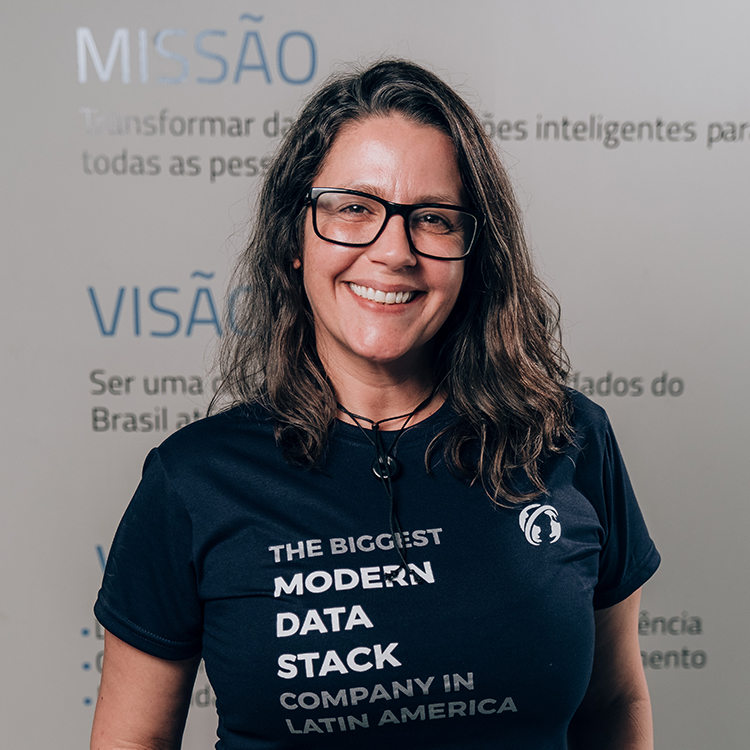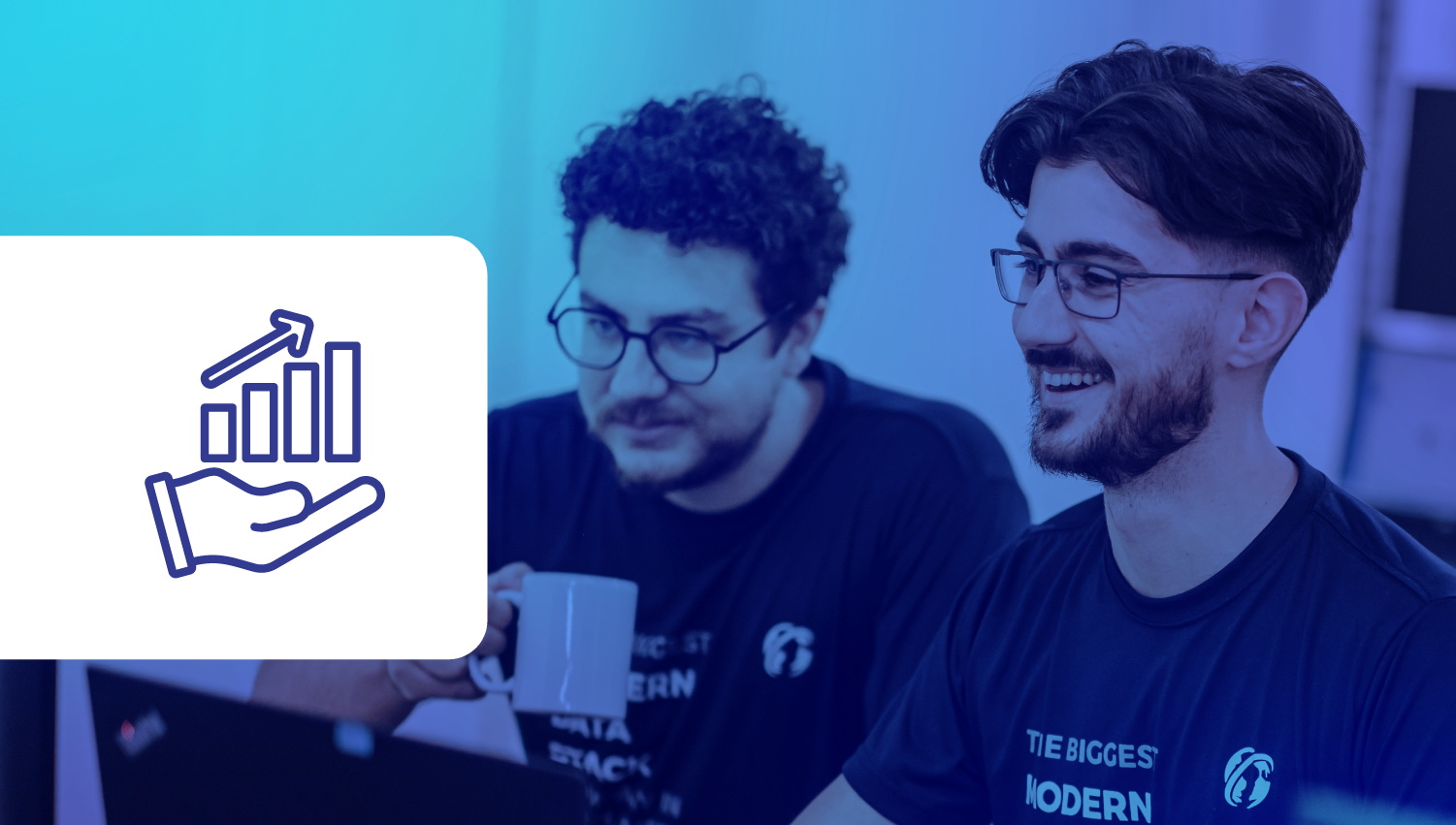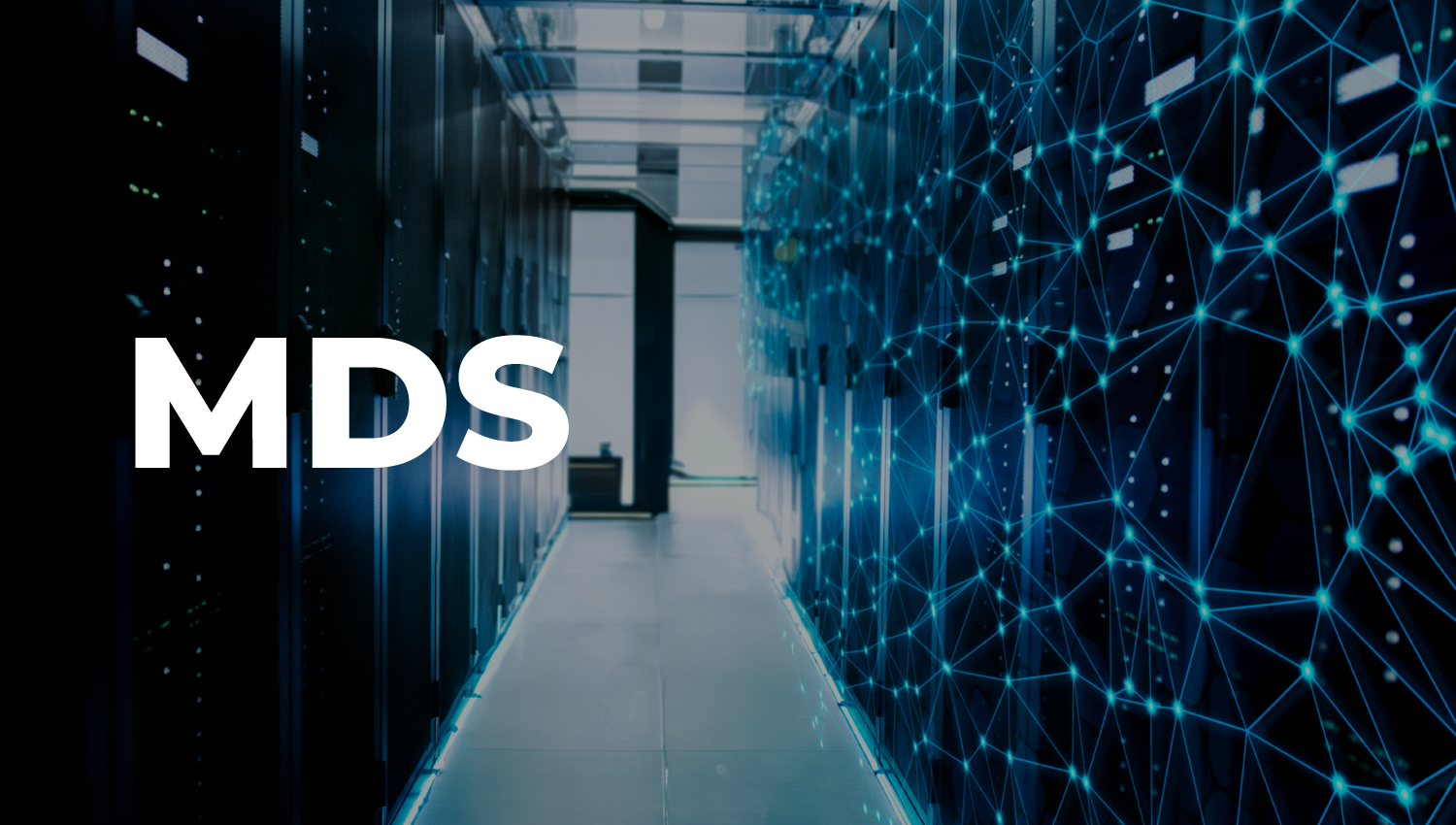.png)
Data Science vs. Data Analytics: What Are the Differences?
Data science and data analytics are areas that work with the same product, data. For this reason, many people are still confused about these two areas, even though they have different goals and responsibilities.
Therefore, if you are part of this universe of data, you need to know how to differentiate them and understand the value that each one generates for the business.
So, read on to understand what data science and data analytics are and what their key differences are.
What is data science?
Data science is a relatively new area in the business world, essential for companies seeking competitive advantage.
It is with the work carried out in this area, which uses past patterns as a basis, that it becomes possible to see the context in which the company is inserted and even predict future events.
Its main objectives are to optimize processes, generate innovative products and solve business problems, using various disciplines, such as statistics, mathematics, computing and, mainly, business knowledge.
What is data analytics?
Data analysis, on the other hand, does not work in this middle of the process, but with the results.
This area intelligently analyzes the large volume of data generated by companies. Its main objective is to find meaningful correlations between the data, that is, to have insights and transform them into something that can be easily visualized and used in the day-to-day business.
Data Science vs Data Analytics
As you've seen, data science and data analytics are different areas. But that's not all. These areas differ in several other aspects.
For example, the day-to-day life of those who are data scientists basically takes place in the construction of predictive and prescriptive models using artificial intelligence.
To do this, data scientists use statistical techniques, Python, R, SAS, Java, Perl, C/C++ and other languages, as well as platforms such as Hadoop and SQL.
On the other side is those who work as data analysts, who have a very different routine, with responsibilities such as:
- elaborate and answer business questions using the data already prepared.
- adequately communicate the relevant information taken from this process.
- organize and synthesize it all.
- Create visual representations that facilitate the understanding of information and enable the generation of insights.
- Monitor the indicators in the Business Intelligence tools.
As such, communication is one of the most valued skills among data analysts. But you also need to be creative and master your business.
In addition, it is necessary to have a certain knowledge base about some programming languages, and it is essential to have an ease with numbers and an affinity with statistics.
In the image below, you can visualize all of this more easily.

What does this have to do with you?
Whether you are a member of management or operation, your ability to make any decision will be much more assertive if you have data on the subject and can analyze it.
After all, without this ability to make effective and efficient decisions, your organization is at the mercy of market changes, customer perceptions, and social behaviors.
So, one thing is certain: the importance that the areas of data science and data analytics have.
Portanto, considere que tipo de dados você precisa, quais dados você tem disponíveis, e faça disso um diferencial competitivo. Porque é com a união dos diferentes objetivos dessas duas áreas que grandes metas podem ser conquistadas.
E lembre-se, se você é mais capaz de lidar com as contingências do que seus concorrentes, é você quem tem a vantagem final.
Para aprender, conheça a Indicium Academy
Agora que você aprendeu sobre as diferenças entre ciência de dados e análise de dados, está na hora de especializar-se no assunto e desenvolver ainda mais suas habilidades.
How?
With Indicium Academy!
Here you will learn everything we do at Indicium, from processes to tools, and stand out as a professional for any position you apply for.
Visit our website and register for the next class of Analytics Engineering Training.
To implement, talk to our Indicium team
But if you have a business and want to secure a prominent place in the market, rethink the role of data and analytics to make better decisions.
Here at Indicium, we have an extremely specialized team to help you make a data-driven transformation in your organization and empower it for today's world of data.
Count on us at this stage. Get in touch by clicking here.

Bianca Santos
Redatora




